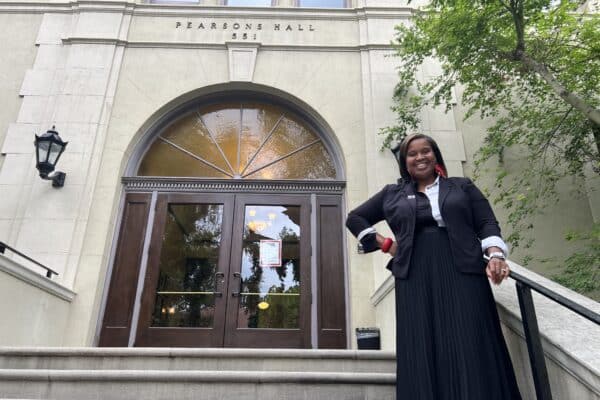Certifying Organization
Abolitionist Sanctuary is a 501(c)3 non-profit organization that trains faith communities, educational institutions, and civic organizations to unite against the moral crisis of mass incarceration and the criminalization of impoverished Black motherhood. Our research-based expertise and community organizing experience in connection to a national coalition grounds the learning material in this certification program.
Learning Objectives
By successfully completing this course, you will
- Gain an introductory understanding of social ethics, broadly, and an abolition ethic; specifically
- Identify the 5C virtual system and five carceral vices Understand;
- Explore tensions between law and morality;
- Explore real-life ethical issues in the U.S. carceral state; and
- Apply an abolition ethic to everyday living.
In this course, you are introduced to a virtue-based Abolition Ethic. You will learn how to apply the 5C value system to dismantle the carceral state and its vices. Explore how these principles help guide everyday living by providing an alternative to punishment and identifying responses to harm rooted in accountability for the good of communal flourishing. Participants will also engage in ethical dilemmas by exploring tensions between law and morality in a case study. Before we begin, Let’s look at key terms to guide our learning!






